How China is redefining human rights at a global level
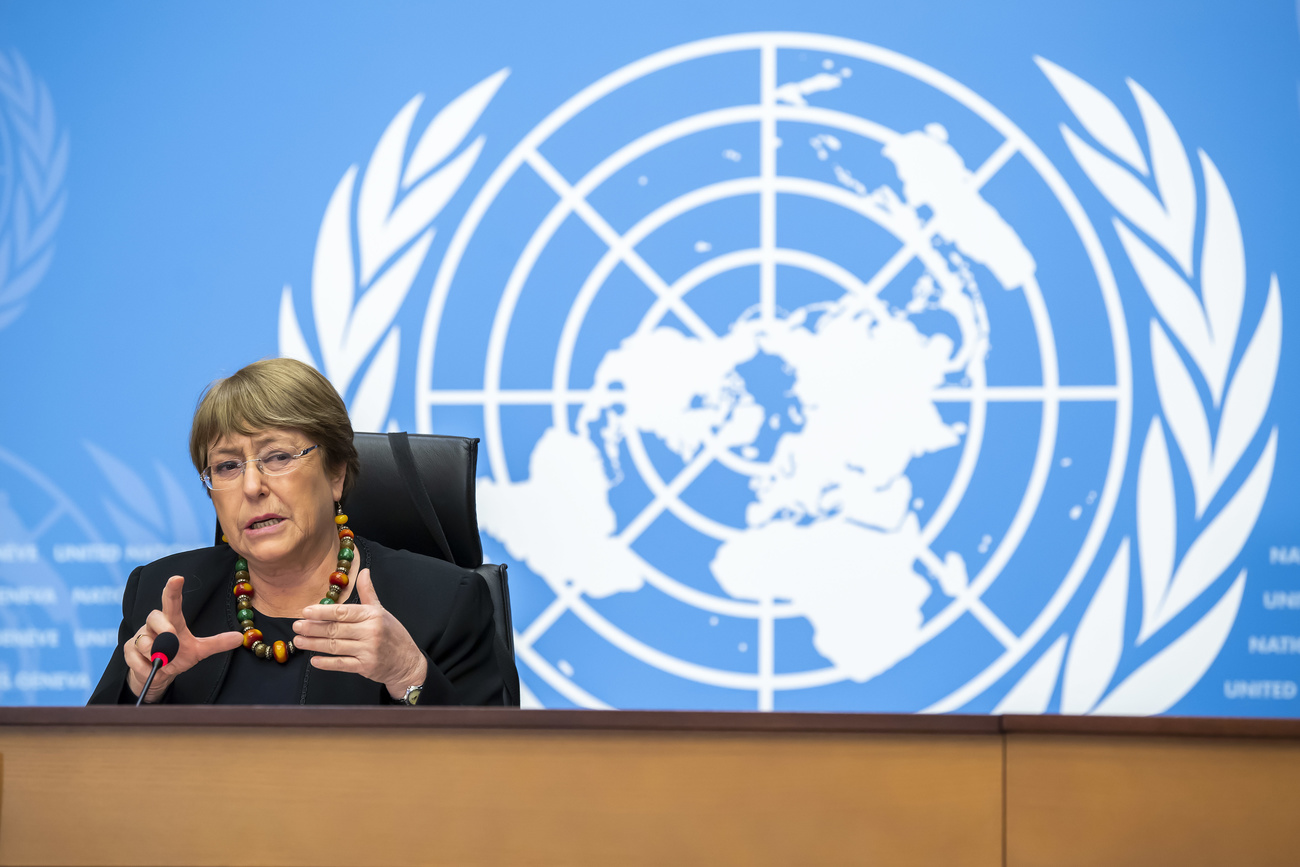
As it marks its 15th anniversary the Geneva-based United Nations Human Rights Council (HRC) has become a battlefield for a showdown between the interests of the West and China.
The current session of the HRC, with representatives from 47 UN member states, opened on June 21 with clear statements by Michelle Bachelet, the UN’s High Commissioner for Human Rights, on Beijing’s handling of protests in Hong Kong and its treatment of the ethnic Uighur population in Xinjiang province.
Bachelet expressed “serious concerns” regarding the National Security Law introduced in Hong Kong, and repeated her call for access to Xinjiang, “particularly as reports of serious human rights violations continue to emerge”.
Her remarks were rejected by China’s representative, who said Beijing would not accept “interference” by any external forces over what he said were inalienable parts of China’s territory. Liu Yuyin also urged Bachelet to “respect facts” and to “stop making erroneous remarks against China”.
Finger pointing and counter accusations continued during the session, with an alliance of 40 countries led by Canada denouncing torture, human rights violations and forced labour in China, especially against Muslim minorities. China, along with allies such as North Korea, Belarus and Venezuela, fought back, using the forum to criticise Canada for both its inhumane treatment of immigrants and violation of the rights of its indigenous peoples.
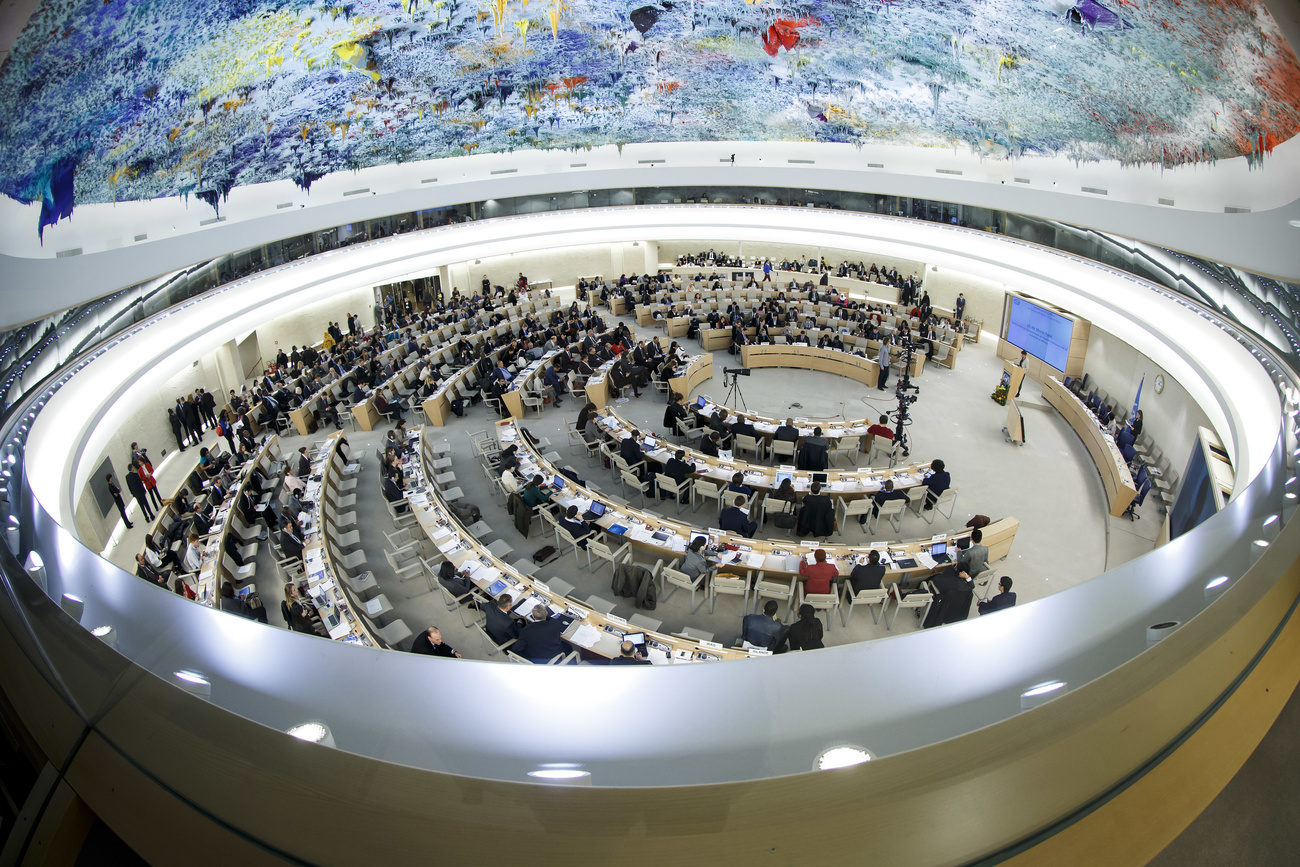
More
Human Rights Council: Fundamental or fundamentally flawed?
The harsh exchange was a mirror of a wider debate. US president Joe Biden made clear during his recent tour of Europe that it was time for allies in the West to unite and push back at what the White House sees as China’s growing influence in multilateralism. Over the past few years, China has presented or supported candidates for some of the key posts at UN institutions and international organisations, such as the International Telecommunications Union (ITU) and the Food and Agriculture Organization (FAO).
At the same time, Beijing organised an aggressive campaign to assure its election at the Human Rights Council.
“In part this dominance of Chinese nationals in key UN agencies reflects Beijing’s savvy diplomatic maneuvering as a rising power, and its position as the world’s second-largest economy,” wrote Kristine Lee, an associate fellow in the Asia-Pacific Program at the Center for a New American Security, on the news site, Politico.
The Biden administration and analysts in the West like Lee believe China has used the US withdrawal from the Council, under Donald Trump, as an opportunity to fill the vacuum Washington left behind.
“As Beijing tries to retool the UN and other international institutions to its advantage, it is leaving in its wake a global system that has been knocked off balance by the absence of the steadying leadership of the United States”.
The return of the US to the HRC as an observer in a way, will be part of an attempt to put a stop to China’s attempt to impose its own agenda in global forums such as the HRC. But regaining lost ground will be difficult.
For many years, experts and diplomats argued that by integrating China in world markets and structures, Beijing would be forced to uphold human rights. According to the NGO, Human Rights Watch, the opposite has happened. “Particularly under President Xi Jinping’s leadership, the Chinese government does not merely seek to neutralize UN human rights mechanisms’ scrutiny of China,” the NGO wrote in a reportExternal link last September. “It also aspires to neutralize the ability of that system to hold any government accountable for serious human rights violations.”
According to the NGO, Beijing is no longer content to just exempt itself from accountability but is seeking to bolster other countries’ ability to assert their right to suppress freedoms within international bodies like the HRC, even if these institutions are designed to deliver some semblance of justice.
Strategy: introduce “cooperation”
The path to neutralizing the UN institution, however, is not by leaving it. Beijing co-sponsored a resolution in 2018 on “mutually beneficial cooperation”. Cooperation, interpreted this way, means that country A respects country B on choosing the priority in terms of human rights. This, according to observers, has become an effective tool to convince other countries to support the Chinese narrative on human rights and back resolutions proposed by Beijing.
The resolution was adopted two years later by a vote of 23-16, with eight abstentions. Among those supporting it were many autocratic regimes including Belarus, North Korea, Myanmar, Russia, Syria, and Venezuela.
Kazushige Kobayashi, researcher at the Centre on Conflict, Development and Peacebuilding of the Graduate Institute Geneva, says that despite the many disagreements amongst developing countries, China has been successful in promoting the idea of cooperation in the Council. “The notion of reciprocity was effective,” he says.
China’s influence among developing countries has continued to grow over the past few years, according to a new survey published on June 30 conducted by AidData, the international development research lab at US university William & Mary. The poll found that China provided advice and assistance to about 113 countries in 2020 to become the eighth most influential development partner overall.
Kobayashi confirms that “China has taken in recent years a more active approach towards human rights in its foreign policy, departing from a previous position that considered the issue as an internal matter.
“In this process, China tries to influence the narrative of human rights, as others do,” he argues.
Chinese observers who asked not to be named explained that China has a different notion of Human Rights than the West and that the concept has to be understood under the dimension of sovereignty.
Beijing has come to understand how it can leverage the Council to promote its views.
Human Rights Watch, however, claims China seeks to “reposition international human rights law as a matter of state-to-state relations, ignores the responsibility of states to protect the rights of the individual, treats fundamental human rights as subject to negotiation and compromise, and foresees no meaningful role for civil society”.
In the language of the Chinese delegation, what Beijing wants is to “enhance cooperation, rather than create division.”

In compliance with the JTI standards
More: SWI swissinfo.ch certified by the Journalism Trust Initiative

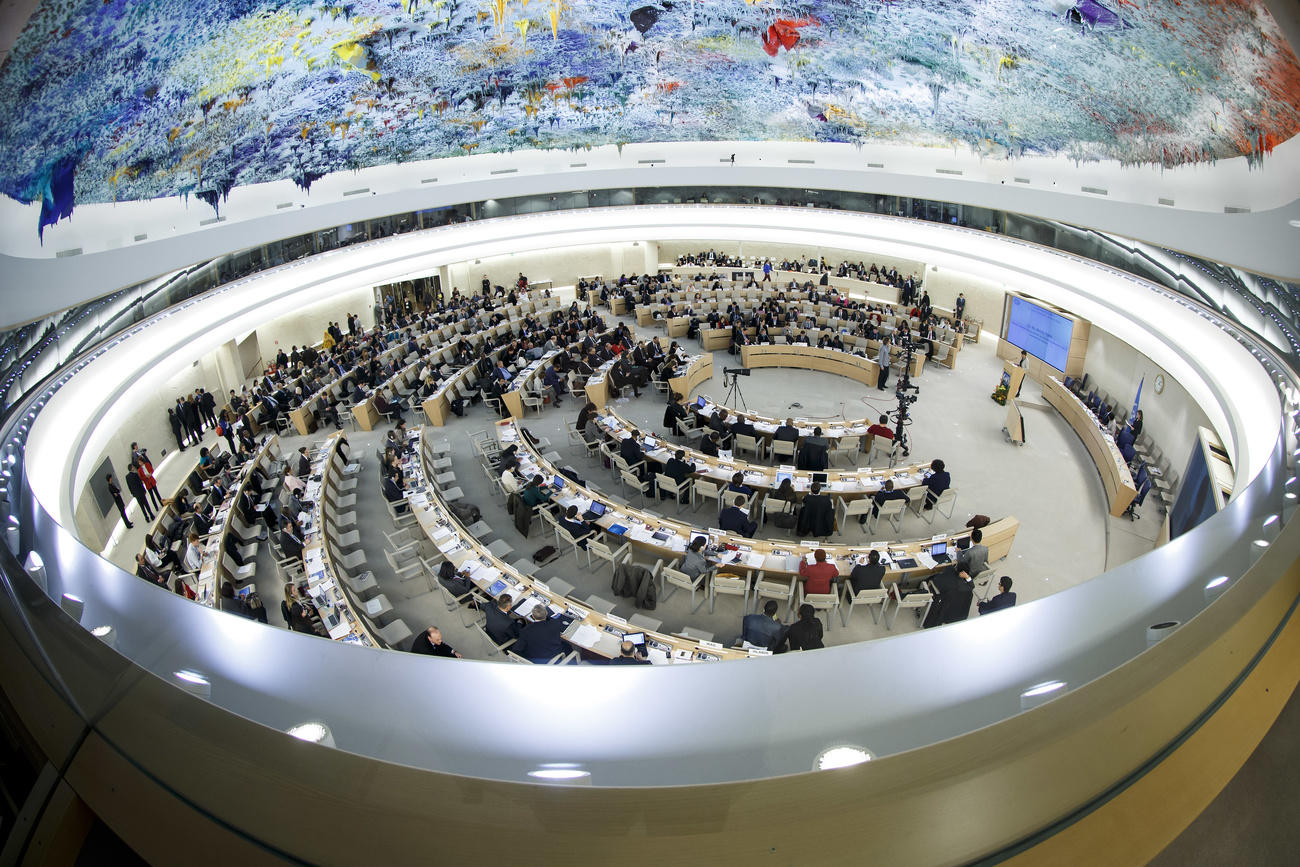
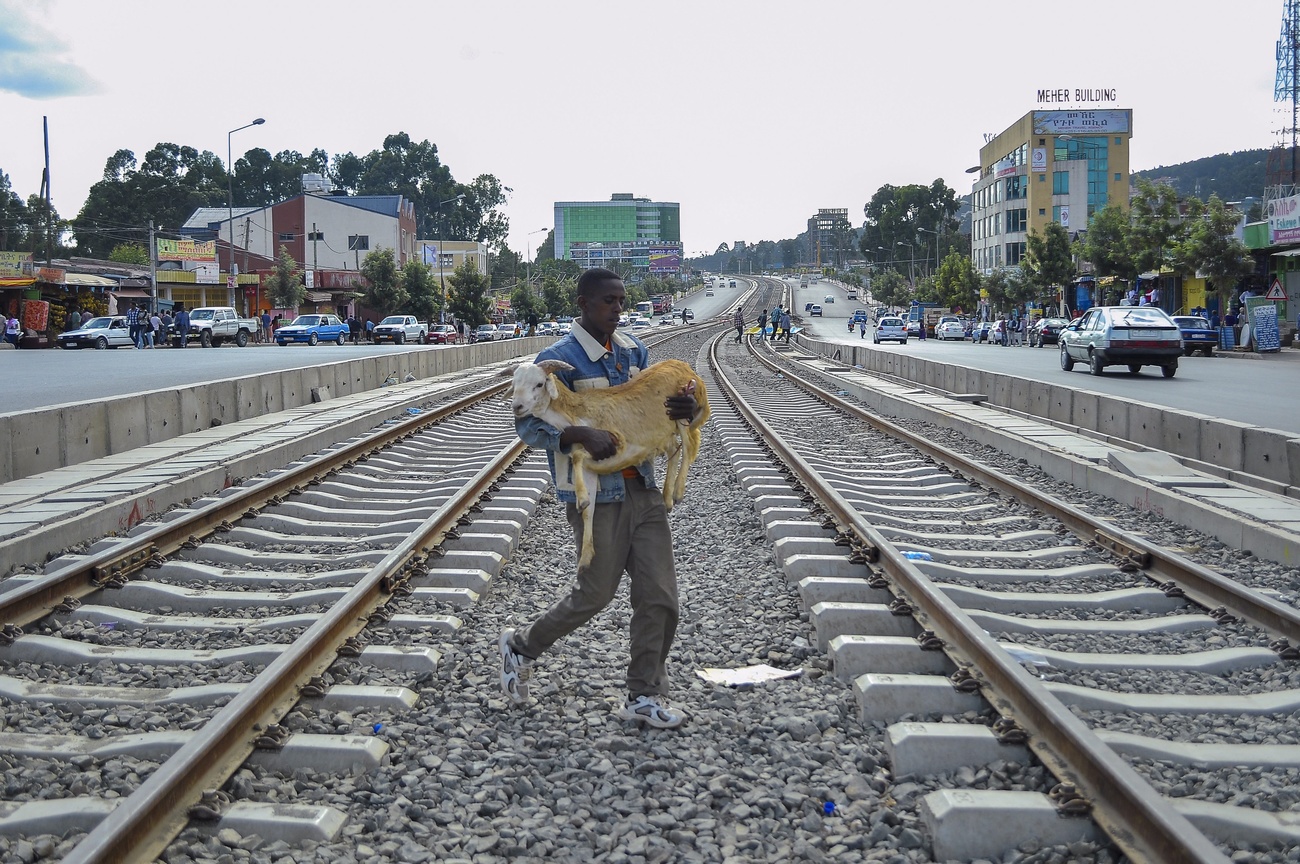
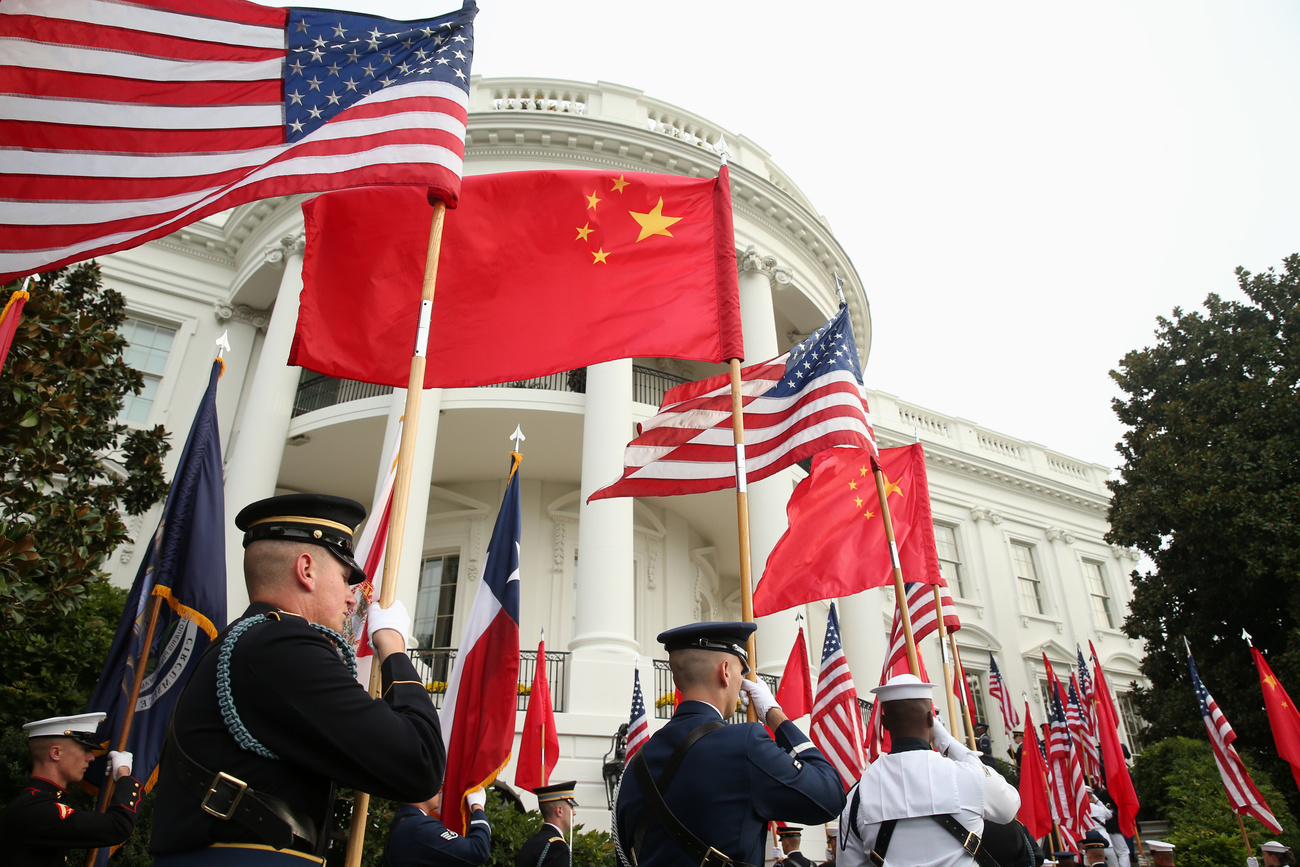
You can find an overview of ongoing debates with our journalists here. Please join us!
If you want to start a conversation about a topic raised in this article or want to report factual errors, email us at english@swissinfo.ch.